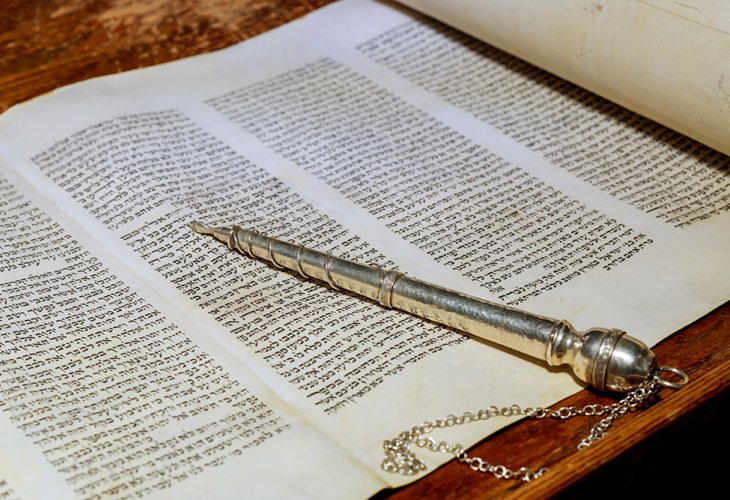Faith
Fences Around the Torah: Why the Sages Created Rabbinic Laws and Safeguards
From Shabbat boundaries to the seven rabbinic commandments, Jewish law teaches that obeying the sages is itself a divine command
 (Photo: shutterstock)
(Photo: shutterstock)Have you ever been driving just a little over the speed limit, when you hit a speed bump you didn’t notice? The jolt isn’t pleasant, but that bump was placed there to slow you down, keep you within safe driving speed, and ultimately prevent accidents. It’s a protective measure that ensures you don’t end up in a dangerous situation.
In the same way, the sages of Israel established protective boundaries known as gezeirot (decrees) and takkanot (regulations), to safeguard people from accidentally violating Torah law. For example, they instituted the prohibition of muktzeh (set aside) on Shabbat, forbidding the handling of certain items that are associated with prohibited work. This “fence” helps prevent people from inadvertently breaking Shabbat. These safeguards serve as protective walls, guiding Jews away from sin and preserving holiness. It’s like the yellow safety line at a train platform, warning you not to cross too close to the edge.
Fences Against Assimilation
One area where the sages established such boundaries was in social interactions with non-Jews, to prevent assimilation and intermarriage. For instance, they forbade eating bread baked by a non-Jew and prohibited foods cooked by a non-Jew, even if all the ingredients were kosher. These laws were designed to limit overly close social interactions, since eating together creates intimacy that could lead to deeper ties.
The Divine Command to Establish Safeguards
Importantly, these rabbinic enactments are not merely human ideas. God Himself commanded that safeguards be established:
“You shall guard My charge” (Vayikra 18:30), meaning, set up additional protections for the Torah’s commandments.
The Torah further instructs the Jewish people to obey the rulings of their sages:
“You shall act according to the instruction they give you and according to the judgment they tell you. You must not turn aside from what they tell you, to the right or to the left” (Devarim 17:10–11).
“Ask your father, and he will tell you; your elders, and they will explain to you” (Devarim 32:7).
Thus, obeying rabbinic decrees is itself a fulfillment of a Torah commandment.
The Weight of Rabbinic Authority
Establishing new enactments was never taken lightly. The sages approached this responsibility with deep thought, foresight, and caution. The very first Sanhedrin — the supreme rabbinic court, was founded by Moses at God’s command. From that time, the authority to interpret and legislate Jewish law was passed down from generation to generation: “You shall come to the priests, the Levites, and to the judge who will be in office in those days; inquire, and they will declare to you the decision” (Devarim 17:9).
God Himself granted the sages not only the authority but also the obligation to create protective decrees for the preservation of Torah law. In addition, they were empowered to establish new commandments (mitzvot derabanan) that were not fences but positive practices in their own right.
The Seven Rabbinic Commandments
While most rabbinic laws are safeguards, there are seven specific mitzvot instituted by the sages:
Lighting Chanukah candles
Lighting Shabbat and festival candles
Reading the Scroll of Esther on Purim
Washing hands before eating bread (netilat yadayim)
Reciting blessings (berachot)
Establishing eruvin (to permit carrying on Shabbat in certain areas)
Reciting Hallel (psalms of praise on festivals)
Remarkably, when fulfilling these rabbinic commandments, Jews recite the blessing: “Blessed are You… who sanctified us with His commandments and commanded us…” Even though God never directly commanded us to light Chanukah candles or wash our hands before bread, He did command us to obey the sages. Thus, fulfilling a rabbinic mitzvah is, in fact, fulfilling a divine command.
Anyone who neglects a rabbinic command is also neglecting the Torah’s own command to obey the sages.

